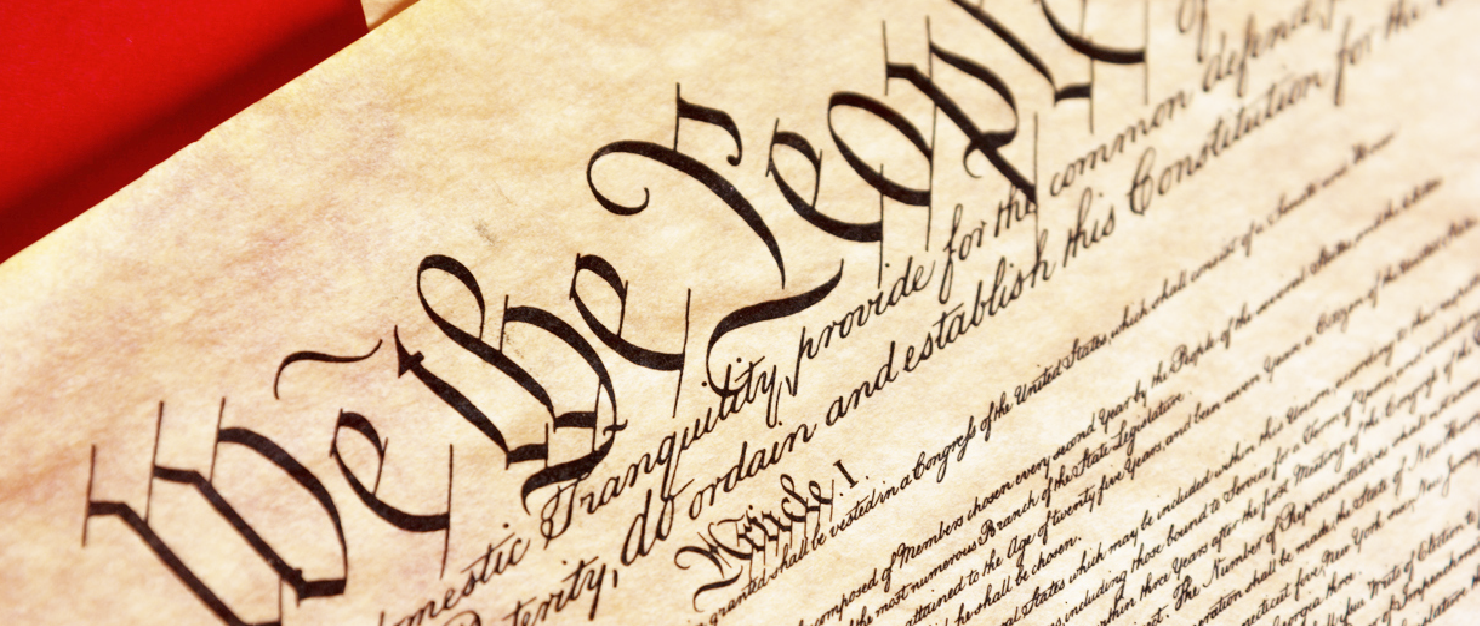

To become a U.S. citizen, people are asked to explain the rule of law. It’s being tested as never before.
“What is the rule of law?” is one of 100 official civics questions that can appear on the U.S. citizenship test.
There are many ways to describe the rule of law, including the definition the World Justice Project formed in consultation with experts around the world. The U.S. Citizenship and Immigration Services says it will accept any verifiably correct answer on its test. But its official study guide hones in on one fundamental rule of law principle.
“No one is above the law” is among four acceptable answers the agency provides.
The other three are variations on the same accountability theme: “Leaders must obey the law,” “Government must obey the law,” and “Everyone must follow the law.”
Rule of law under pressure
World Justice Project surveys show that the vast majority of Americans of both political parties believe in these rule of law principles. But the concept that no one is above the law is being tested as never before as a special counsel and various prosecutors are pursuing criminal charges against a former president and former advisors in connection with alleged election interference and more.
Of course, the rule of law demands due process and impartial justice. It also requires buy-in and commitment throughout society. If confidence in our institutions’ ability to uphold rule of law principles falters, so does the rule of law itself. The justice system depends on public trust to pursue and ensure accountability.
That’s a minefield in today’s highly partisan atmosphere rich in disinformation and low in esteem for the media.
So what can we do?
An important first step is to educate ourselves, seek out and share accurate information, and stand up for the rule of law in our own communities whenever we can.
U.S. Constitution Day (September 17) provides one such opportunity for Americans to focus on the essentials of U.S. democracy, including the rule of law and the Constitution.
Here’s a fun way to get started.
Could you pass the U.S. citizenship test?
One section of the U.S. naturalization test includes 10 randomly selected civics questions from the official list of 100. People need to get at least 6 out of 10 correct to pass.
Give it a try:
Explore additional Constitution Day and civics resources from the American Bar Association’s public education division, iCivics and Street Law, which has created a rule of law curriculum for middle and high school students.






